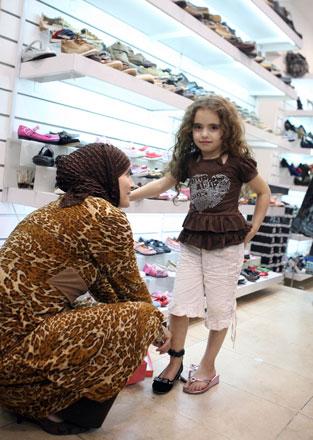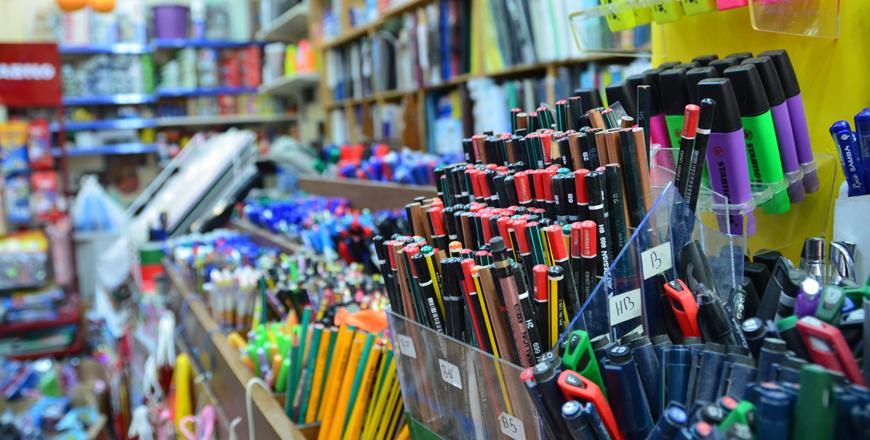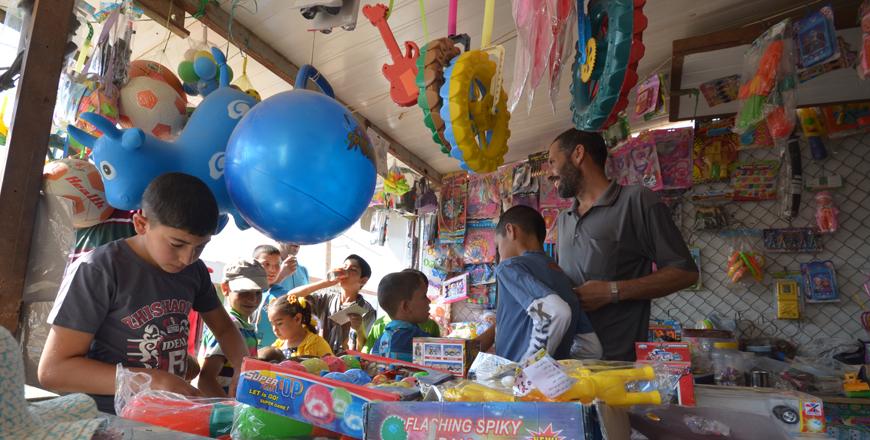You are here
Jordanian men to dig deep into pockets to honour tradition of ‘eidiyeh’
By Laila Azzeh - Jul 14,2015 - Last updated at Jul 14,2015

The eidiyeh, which is given to children and female siblings and relatives, remains an Eid tradition in Jordan, along with the habit of buying new clothes for children to mark the occasion (File photo)
AMMAN — A new burden is awaiting Jordanian men with the start of Eid Al Fitr, expected to be on Friday.
After a month of striving to guarantee Ramadan requirements, which include a variety of dishes, drinks and sweets every single day of the month, eidiyeh (cash gifts) will come just in time to deplete the salaries of fathers and husbands.
Although not stipulated in the teachings of Islam, the eidiyeh, which is given to children, and female siblings and relatives, remains a tradition that empties the pockets of men, according to a sociologist.
“I call on women to insist on not taking eidiyeh to have mercy on their brothers and male relatives in light of the tough economic situation most Jordanian households are experiencing,” said Hussein Khozai, a professor of sociology.
Stressing that the phenomenon is a social practice that people have inherited from their predecessors, he highlighted that there is no Islamic text that calls for giving out eidiyeh.
“Islam calls for solidarity and mercy among members of society without going overboard for materialistic practices,” he told The Jordan Times on Monday.
The expert noted that there are nearly one million people living under the poverty line in Jordan, while the average monthly pension of 60 per cent of civil retirees is less than JD250.
“Considering the fact that Ramadan and Eid will be followed by Tawjihi [General Secondary Education Certificate Examination] results and the start of universities, eidiyeh will only add pressure on people,” he said.
Some men, Khozai added, may feel reluctant to visit their female relatives during the Muslim feast marking the end of Ramadan because they cannot offer them cash gifts.
“Of course, this does not apply to well-off people who have to pay and visit their female relatives,” he said.
On the other hand, the sociologist noted that more Jordanian women are in the labour market now and help their brothers, fathers and husbands.
But for Shahrazad Ahmad the money she gets from her male siblings is a “reminder that they have my back”.
“It is not about the amount of the eidiyeh, which is nominal in most cases, but the feeling of the gesture. It makes me and my siblings sense the joy of Eid,” the 28-year-old working woman told The Jordan Times on Sunday.
On the other hand, Rima Mishaal, a 36-year-old telecommunications company employee, said she is the one who gives eidiyeh to her father and brothers.
“I am the eldest and I usually initiate the gesture of giving cash, but I do not think it is a basic requirement since most people are having financial problems. I do think that children should be given eidiyeh to feel the joy of Eid,” she noted.
This year, the government decided to disburse the July salaries of public sector employees and retirees before the Eid Al Fitr holiday, which starts on Friday, July 17 and ends on the evening of Monday, July 20.
Related Articles
AMMAN — With over 40 days passing since receiving their last salary, public and private sector employees are finding it hard to make ends me
ZAATARI REFUGEE CAMP –– Like any child of a Muslim family in Jordan, Tuqa woke up in the early morning on the first day of Eid Al Fitr, wore
The salaries of public sector employees and retirees for July will be disbursed before the Eid Al Fitr holiday, Finance Ministry Secretary General Ezz Eldeen Kanakreyeh said Monday.













